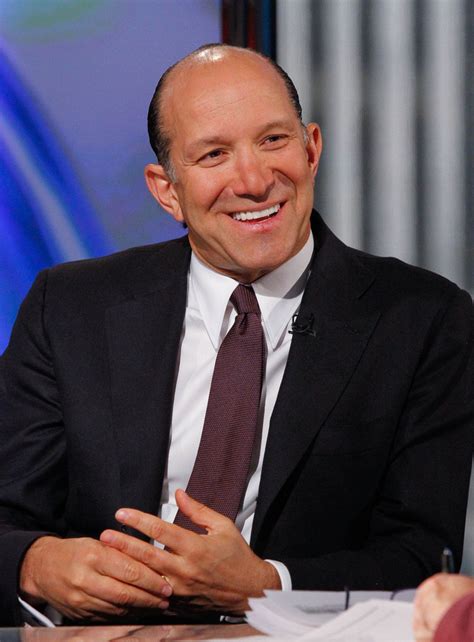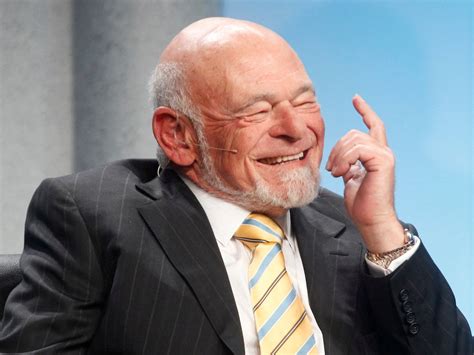A Quote by Howard Lutnick
Dead-low interest rates are great for stocks. They don't run up, they creep up.
Related Quotes
Interest rates are going to go up because employment is going to go up. If employment goes up, then our apartments get filled. And if employment goes up, our office buildings get filled. The reality is that increased economic activity combined with increased interest rates is basically bullish for real estate.

































